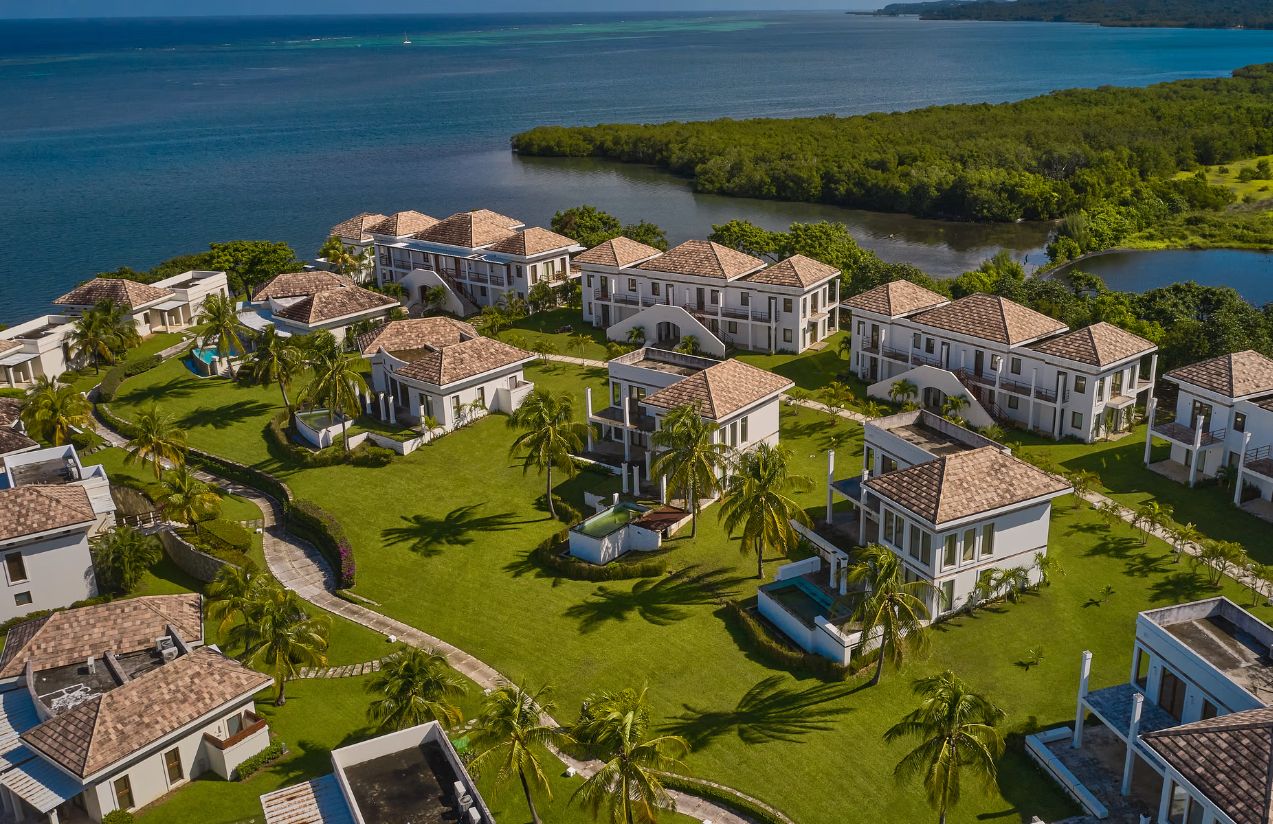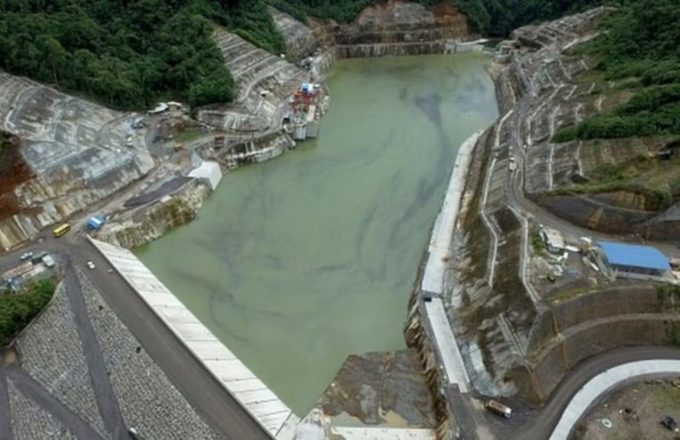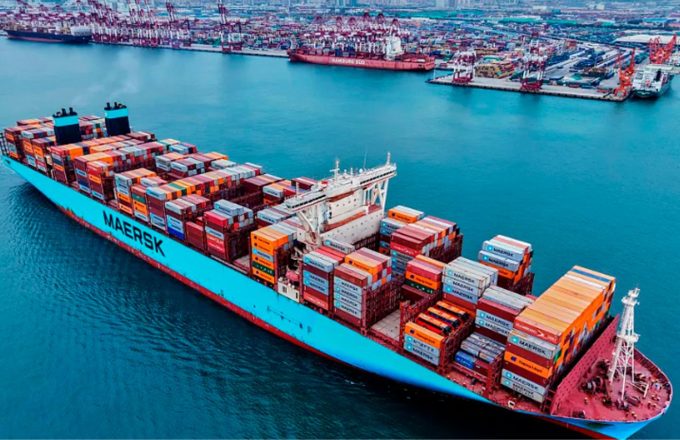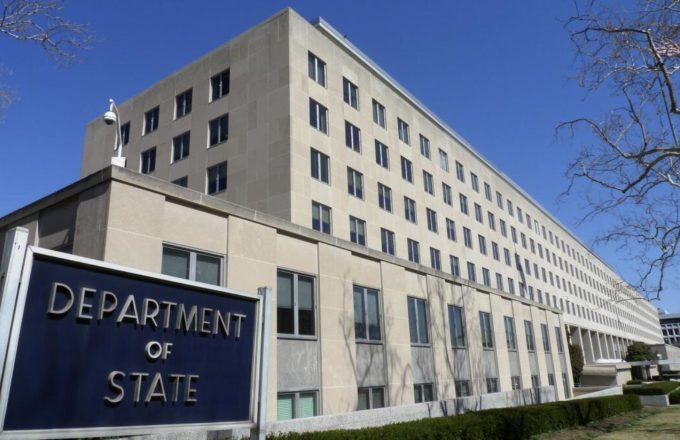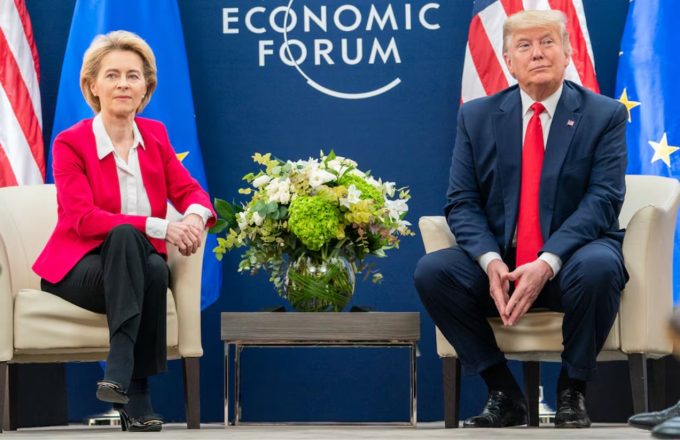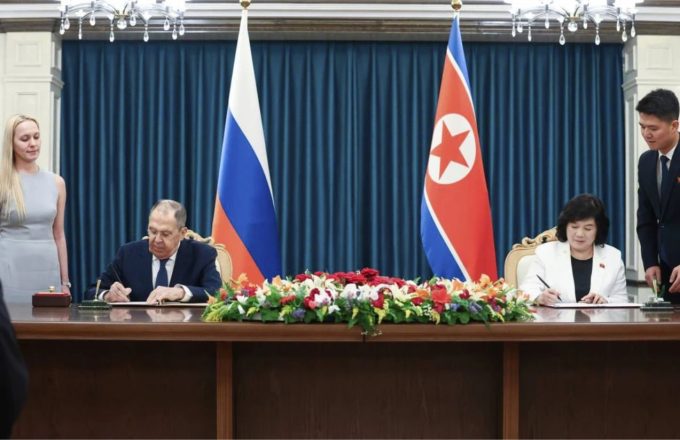In recent years, several for-profit private city initiatives have emerged, aiming to redefine governance and economic development by blending libertarian, neoliberal, and corporatist principles. One example is Shenzhen, China, which started as a special economic zone in 1980 and grew from a fishing village into a metropolis with a GDP of $482 billion. Another case is Neom in Saudi Arabia, though its future remains uncertain.
Located on the island of Roatán, Honduras, Prospera was conceived as a libertarian city-state with an independent fiscal and regulatory system designed to attract investors, tech entrepreneurs, and free-market advocates. Created by Venezuelan Erick Brimen, a former investment fund manager, Prospera operates under its own legal code, with minimal taxes and a digital judicial system run by retired judges from Arizona. With a corporate tax rate of just 1% and no capital gains tax, it positioned itself as an alternative to the Honduran system, promoting free-market economics and minimal government intervention.
Since its founding in 2017, Prospera has attracted investors from Silicon Valley, including Brian Armstrong (CEO of Coinbase) and Peter Thiel, who saw the enclave as an opportunity for technological and financial innovation. It also became a magnet for biohackers and crypto millionaires, hosting conferences under the slogan “Make Death Optional” and welcoming biotech and nuclear energy companies. However, the project soon clashed with Honduras’ political and social reality, triggering a crisis that now threatens its existence.
Prospera was established under the Economic Development and Employment Zones (ZEDEs) law, passed during the presidency of Juan Orlando Hernández. However, after his arrest and conviction for drug trafficking in the United States, President Xiomara Castro labeled the project a creation of a “narco-regime.” In 2024, Honduras’ Supreme Court declared the ZEDEs law unconstitutional, casting doubt on Prospera’s legality. In response, Brimen sued Honduras for $11 billion in an international arbitration court and has spent hundreds of thousands of dollars lobbying the U.S. Congress to pressure the Honduran government.
The legal battle was compounded by opposition from local and Indigenous leaders in Roatán. The Crawfish Rock community, adjacent to Prospera, has denounced the project as a threat to their land and way of life. Disputes over water access and territorial expansion have led to tensions between Prospera employees and local residents.
Prospera stood out for its self-regulation model, allowing companies to choose from regulations of 36 different countries or even create their own rules, provided they secured liability insurance. This attracted high-tech and biomedical sectors, including startups focused on extreme longevity and experimental therapies banned in the U.S. Companies like Oklo, backed by Sam Altman, have set up operations in Prospera, alongside firms dealing in unregulated medical treatments and cryptocurrencies.
However, the lack of a clear tax framework has caused friction with local authorities. Roatán’s mayor, Ron McNab, has criticized Prospera for using the island’s infrastructure without paying municipal taxes, worsening urban problems such as inadequate roads, drainage, and security.
Faced with uncertainty in Honduras, Brimen and entrepreneur Magatte Wade have launched Prospera Africa, an attempt to replicate the model in African nations. Sub-Saharan Africa is seen as fertile ground for such projects due to its rapid urban growth and high demand for private investment. Wade has emphasized that her goal is to avoid the mistakes made in Honduras and work in collaboration with local governments.
What began as an experiment in self-governance has turned into a legal, political, and social battle. While Brimen and his allies push for international recognition of Prospera, local resistance and government actions have put the project in check. If it survives, it could set a precedent for other autonomous cities worldwide. If it fails, it will reinforce skepticism about the viability of these libertarian enclaves in politically and economically fragile countries.
The conflict between Prospera and Honduras is far from over, raising fundamental questions: Can a corporation replace a state? How far does a community’s right to self-governance extend?


